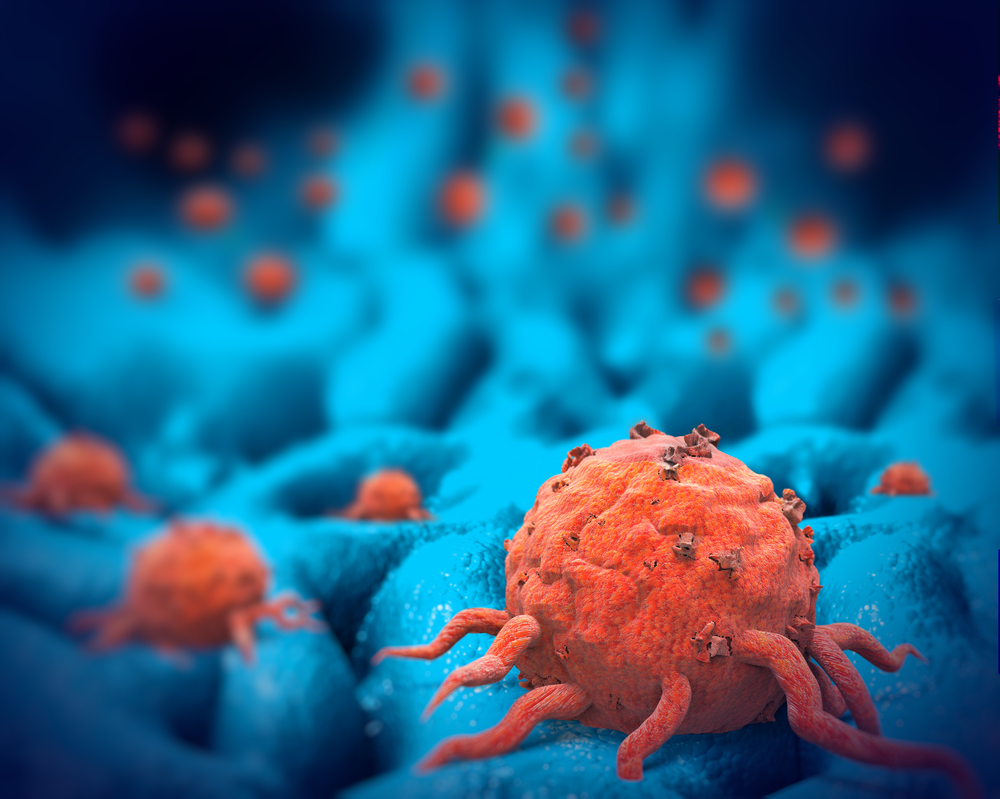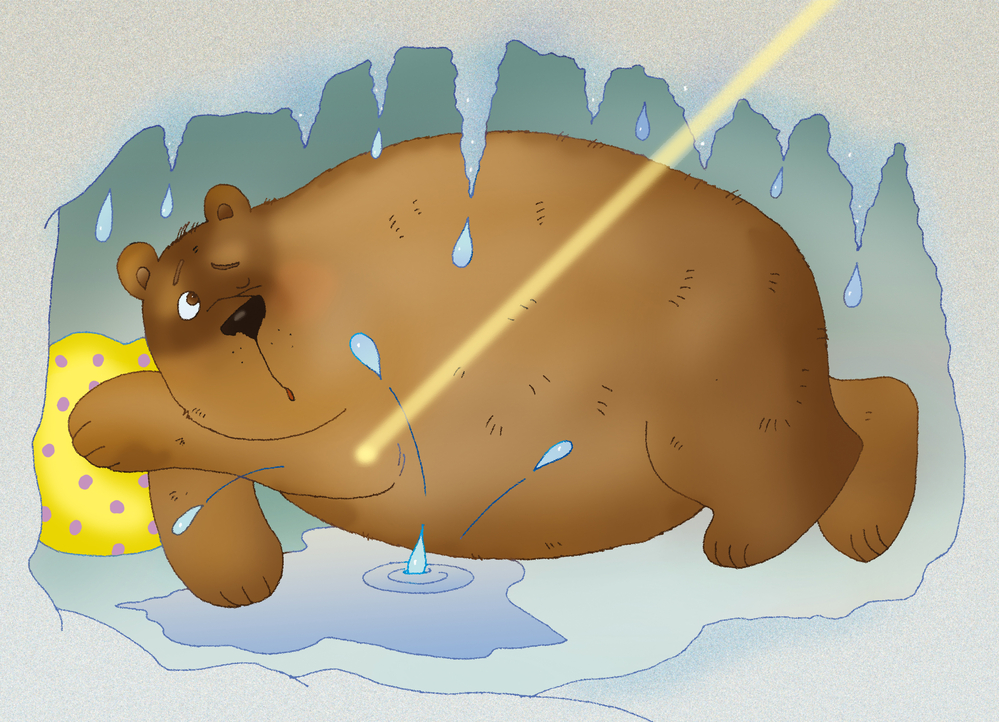The differences between chemotherapy and targeted therapy
 Most people are familiar with chemotherapy, but they may know nothing about targeted therapy, and even they heard about it before, they just associate it with the adjectives like new, advanced and expensive without any further understanding. Therefore, what is chemotherapy and targeted therapy, and what are the differences between them?
Most people are familiar with chemotherapy, but they may know nothing about targeted therapy, and even they heard about it before, they just associate it with the adjectives like new, advanced and expensive without any further understanding. Therefore, what is chemotherapy and targeted therapy, and what are the differences between them?
Chemotherapy refers to the drugs that kill cancer cells that grow quickly and uncontrollably. However, some of the normal cells like bone marrow cells and hair follicle cells also respond to chemotherapy drugs, and this can explain why white blood cells are reduced and hair loss occurs during chemotherapy.
Targeted therapy is a type of cancer treatment that uses drugs or other substances to more precisely identify and attack cancer cells. like a weapon equipped with a navigation locator, targeted therapy can precisely find the targets and kill them. How can targeted therapy achieve this? This is because some specific marker proteins on the surface of tumor cells don’t exist on the normal cells so the targeted drugs can recognize them and attack them with harming normal cells.
Take Herceptin for example, Herceptin is a drug for breast cancer that targets HER2 protein which grows only on the breast cancer cells, the patients with HER2-positive breast cancer can benefit from this targeted drug, and the population accounts for about 25% of the number of breast cancer patients.
Since targeting specific tumor cells, targeted therapy has fewer side effects than chemotherapy and shows different side effects. For example, Tarceva, a targeted drug for lung cancer, produces fewer side effects like leukopenia and hair loss, but it has its own side effects, and 70% of patients taking Tarceva would experience rashes, and about 50% would have nausea, vomiting, and diarrhea, and most of them would feel exhausted after medication. Most of the side effects can be relieved, but sometimes the damage of heart might also occur, so doctors will evaluate the heart function of their patients before deciding treatment options.
Unlike literal meaning, radical surgery just refers to eliminating tumor residue in the surgical area, and cannot help cure cancer. The tumor is like a devil because it is a systemic trouble, and most likely to spread to the blood and other areas when first discovered. Disappointingly, there are still no sensitive detectors that help us find the tumors in the early stages, which is why the tumor is detected again in other places and takes away patients’ lives several years after surgical treatment.
Patients who have late-stage cancer but still can bear surgery are usually required to receive chemotherapy or targeted therapy which can spread to the blood to kill malignant tumors hidden in the body.
Targeted therapy is expensive and might not be covered by medical insurance, so patients and their family members will be asked to whether to receive targeted therapy. Despite high costs, target therapy cannot surely benefit every patient who receives it due to the complexity of the tumor. The use of targeted therapy will depend on the disease conditions, possible therapeutic effects and financial ability. Doctors are required to make a full communication with patients, and to help them find the best treatment option.
One problem for both chemotherapy and targeted therapy is the possibility of developing resistance. If this happens, patients can choose new-generation anticancer drugs or new drugs in clinical trials to prolong their survivals.


